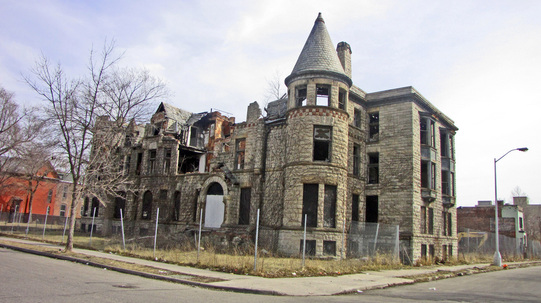|
Writing a historical novel is a balancing act of the modern and the ancient, from current and past ethical boundaries to a balance of two different eras’ literary styles.
On the first topic, I have a friend, Albert A. Bell, who writes ancient Roman mysteries, and his protagonist, Pliny the Younger, is a slave-owner. Part of Albert’s task is to include in Pliny the attitudes the wealthy would have had toward those slaves, while still keeping him a sympathetic character to the reader. It’s a definite balancing act. I don’t know what Pliny really thought about his slaves or how he treated them, but Albert keeps him distanced yet reasonably compassionate and makes it believable. I doubt many Roman slave-owners thought much about their slaves as people, but to the modern mind it’s nearly impossible to feel sympathetic to a character who treats people like cattle (or even in many cases, treats cattle like cattle). Modern readers, for the most part, want a protagonist they can see as a “good guy,” which sometimes blurs the line of historical accuracy. In my books, set in 1910’s Detroit, a person with social status would have been raised with very definite opinions regarding people of color, the poor, and the “insane”—which would have included gay people, who were considered sexual deviants. My protagonist, Will Anderson, was raised in that type of household, and when an openly (or as openly as was possible) gay man tries to befriend him, Will has to rebuff him. Again and again. He accepts the man’s help only when he has exhausted all his alternatives. I felt like I was walking the line there. I wanted to include the historical perspective on homosexuality, but I also wanted this character to be significant in the book. The only way I could do that was to box Will in enough that he had no choice. From there it felt right. On the second topic, writing style has obviously changed a great deal over the years. Even though my books take place only a hundred years ago, if I wrote in the style of the day, most readers would yawn and put down the book halfway through the first chapter. (That’s not strictly true. If I wrote a book in the style of the day, no publisher would touch it, so no one would see it anyway.) Our goal as historical writers needs to be to create the impression of the historical style. Our books are not written in the verbiage, syntax, or particularly the “style” of the time period we write, but are instead our approximation of that language—to create the feeling of authenticity to the reader, while keeping the book moving along. The most common method employed is to use loftier language for the well-to-do. With most historicals set in the U.S., I tend to read with an English accent. And there is a definite reality to that. Depending on time and place, it wasn’t unusual to hear and educated American speaking much more like a Brit. However, poor people did not speak that way—in America or anywhere else. They used terrible grammar and had horrible vocabularies, and many of them swore like stevedores. (How’s that for a historical word?) I personally get suspicious when I’m reading a book in which the peasants speak like nobility. Okay, there probably was one—somewhere—but the other millions of poor folks didn’t even know anyone who talked like that. They didn’t go to school. They didn’t read. Heck, they didn’t bathe. When survival is the rule of the day, language tends to be left behind. I imagine this is a somewhat contentious issue, so what do you think? Should historical writers strive for absolute historical accuracy, or should they write in a way that readers will find more accessible? You’ve seen which side I come down on. How about you?
0 Comments
|
AuthorD.E. Johnson: Archives
August 2016
Categories
All
|

 RSS Feed
RSS Feed